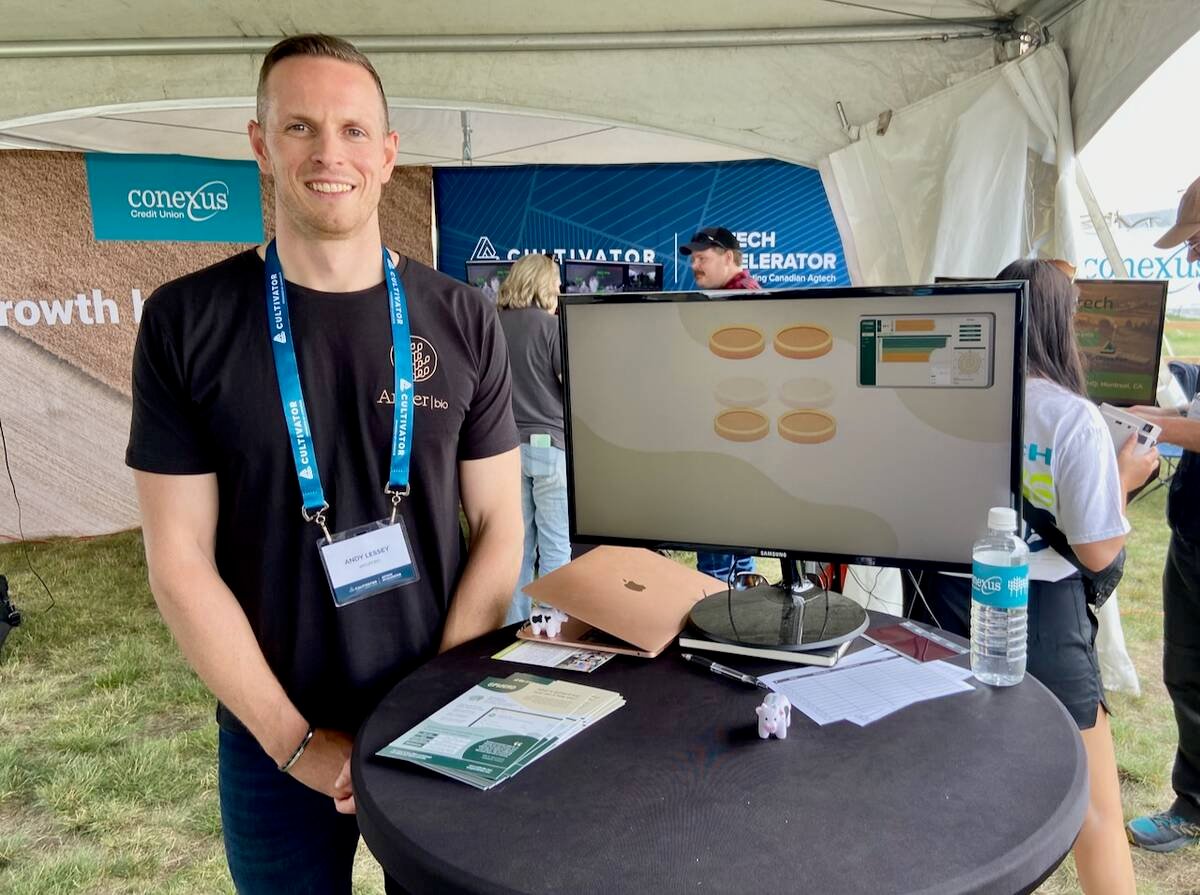REGINA — Ken Paul is a typical Canadian boy who likes hockey, chicken dinners and hanging out with friends.
It was not always so.
He was living in a Haitian orphanage when he became one of 203 children linked with a new Canadian family in Operation Stork following the 2010 earthquake that devastated Port-au-Prince.
His new parents, Jeff and Debbie Paul of Oakridge Farms near Vancouver, had spent two weeks in Haiti hoping to adopt a child. Ken’s mother was dead and his father agreed to an adoption. He left behind two sisters.
Read Also

VIDEO: British company Antler Bio brings epigenetics to dairy farms
British company Antler Bio is bringing epigenetics to dairy farms using blood tests help tie how management is meeting the genetic potential of the animals.
For the Paul family, six-year-old Ken was a gift. Their son, Billy, wanted a little brother and Ken needed a big brother, said Debbie.
He knew nothing about Canada, but his life was about to change forever. When he arrived in Ottawa Jan. 30, 2010, the temperature was -40 C. He was wearing a raincoat and new sneakers and carried a backpack with a spare T-shirt and five face clothes to wipe the sweat away in the hot Haitian days. He spoke only Haitian Creole.
He moved to the family farm in British Columbia, where he was welcomed with open arms and plenty of love. He was in reasonable health but was only three feet tall and weighed 47 pounds.
The Pauls enrolled him in kindergarten and English classes and Ken was transformed. He learned to skate, and now plays defence for his local peewee hockey team.
“They put me on skates as soon as I got here and I thought it was really cool. It took me a long time to learn how to skate, but now it is my favourite sport,” he said.
His other favourite pastime is working with cattle, and he can be seen at livestock shows across the West, including Canadian Western Agribition.
“I saw my first cow when I came here because my brother had a steer in 4-H,” he said at this year’s show, held Nov 23-28 in Regina.
“I thought it was really cool because most of the animals in Haiti were really small, and in Canada they are like, humungous,” he said after a team showmanship class where he and his partners placed third.
He joined 4-H when he was nine and has become an avid member with a steer and cow-calf project. He also excelled at public speaking, which included a speech about his early life in Haiti.
He also met Hereford and Angus breeder Grant Hirsche of High River, Alta., who taught him how to show cattle and care for animals.
Hirsche said it was a pleasure to mentor an enthusiastic child who has faced considerable adversity and keeps smiling.

















